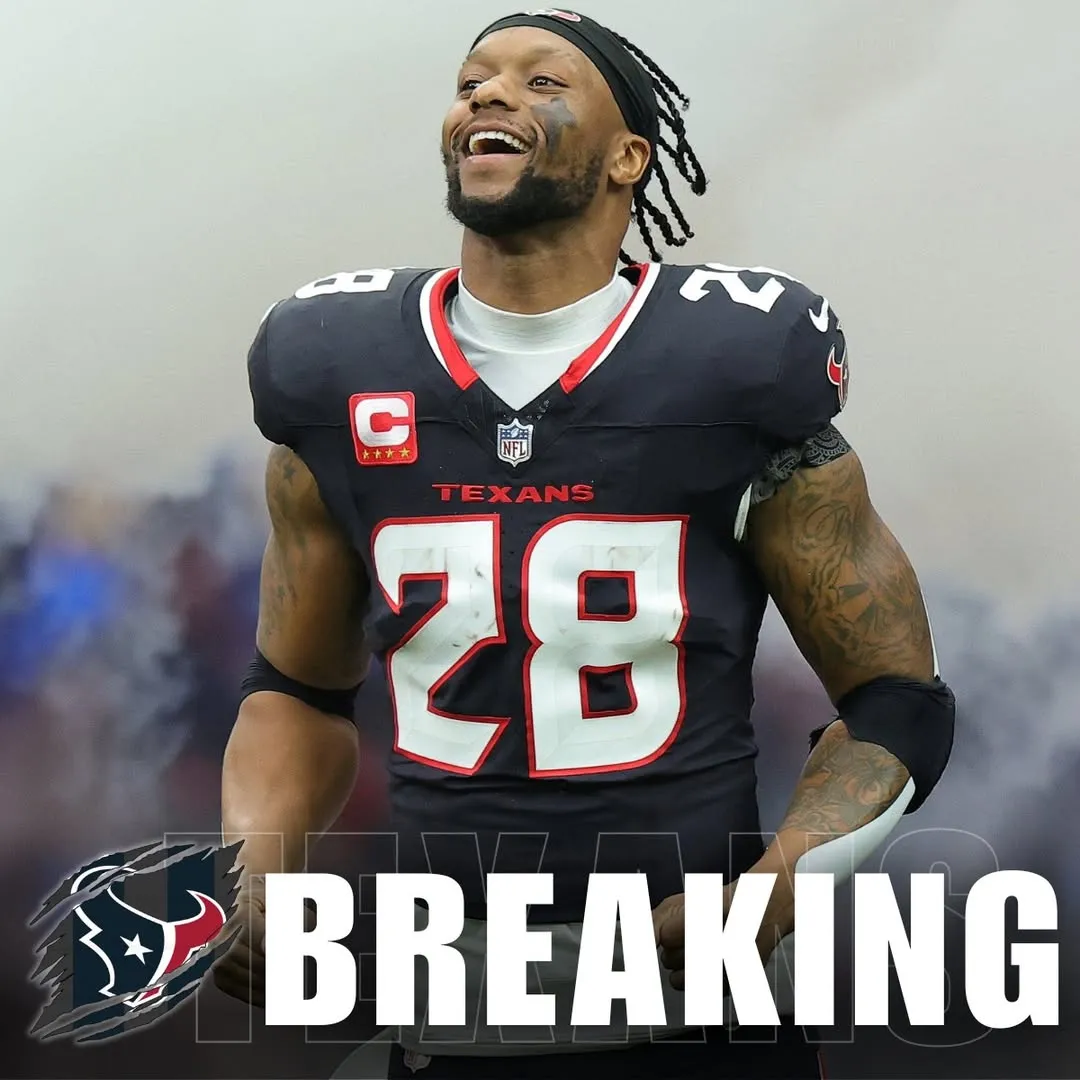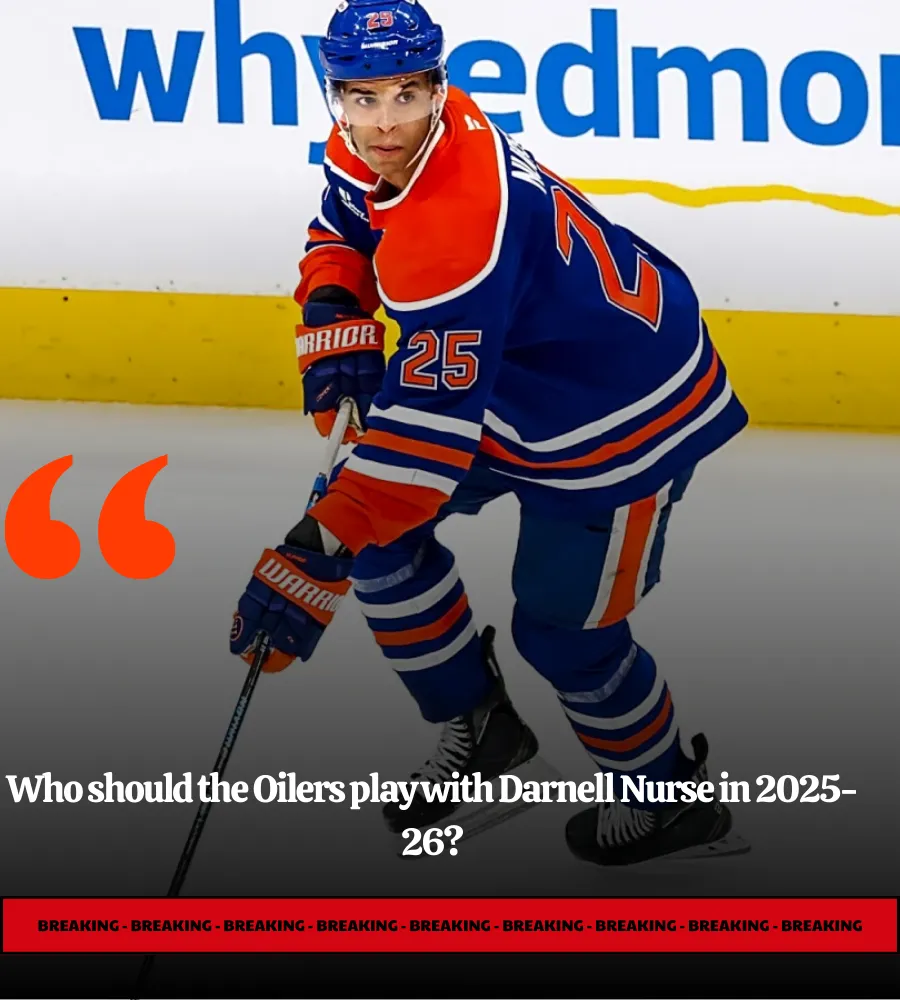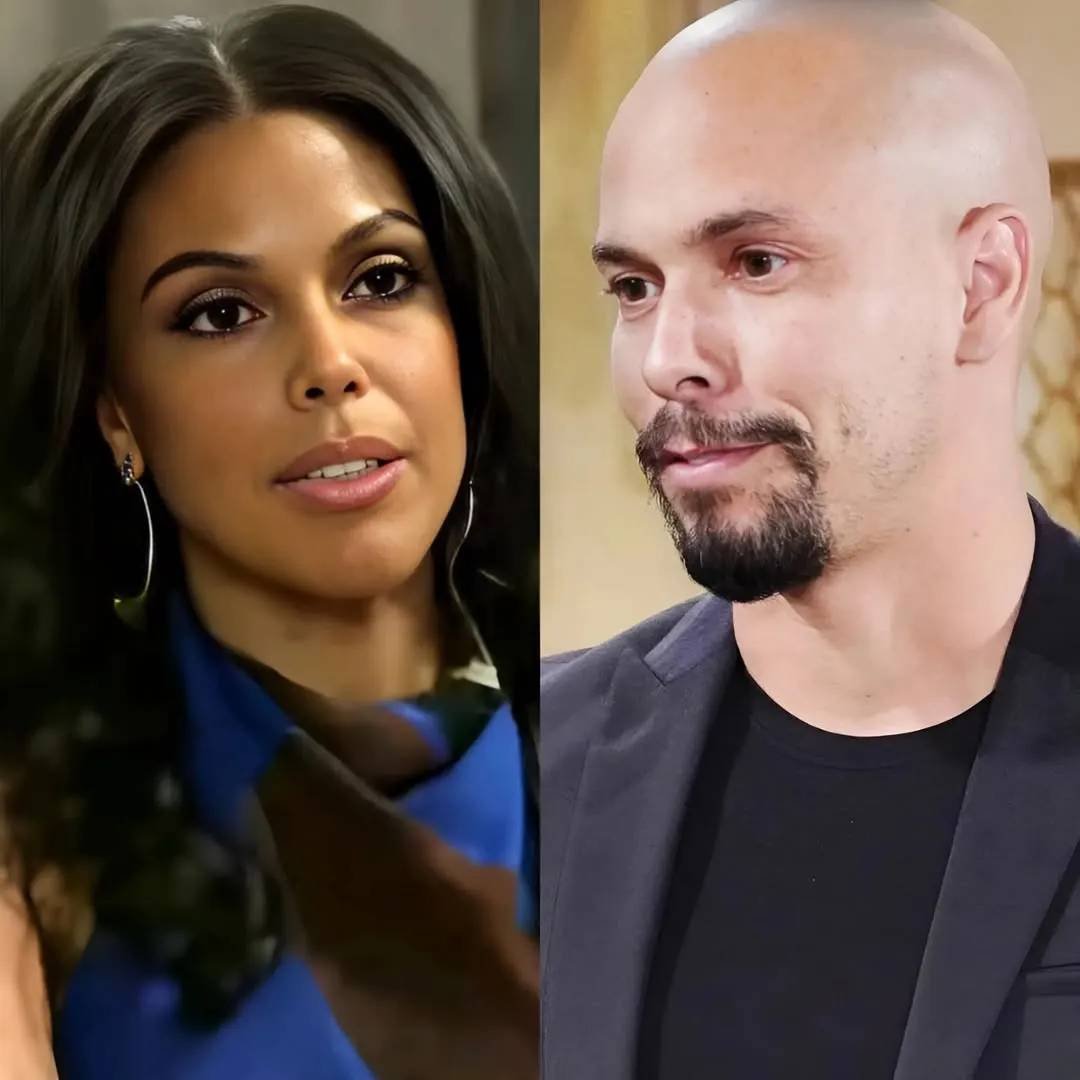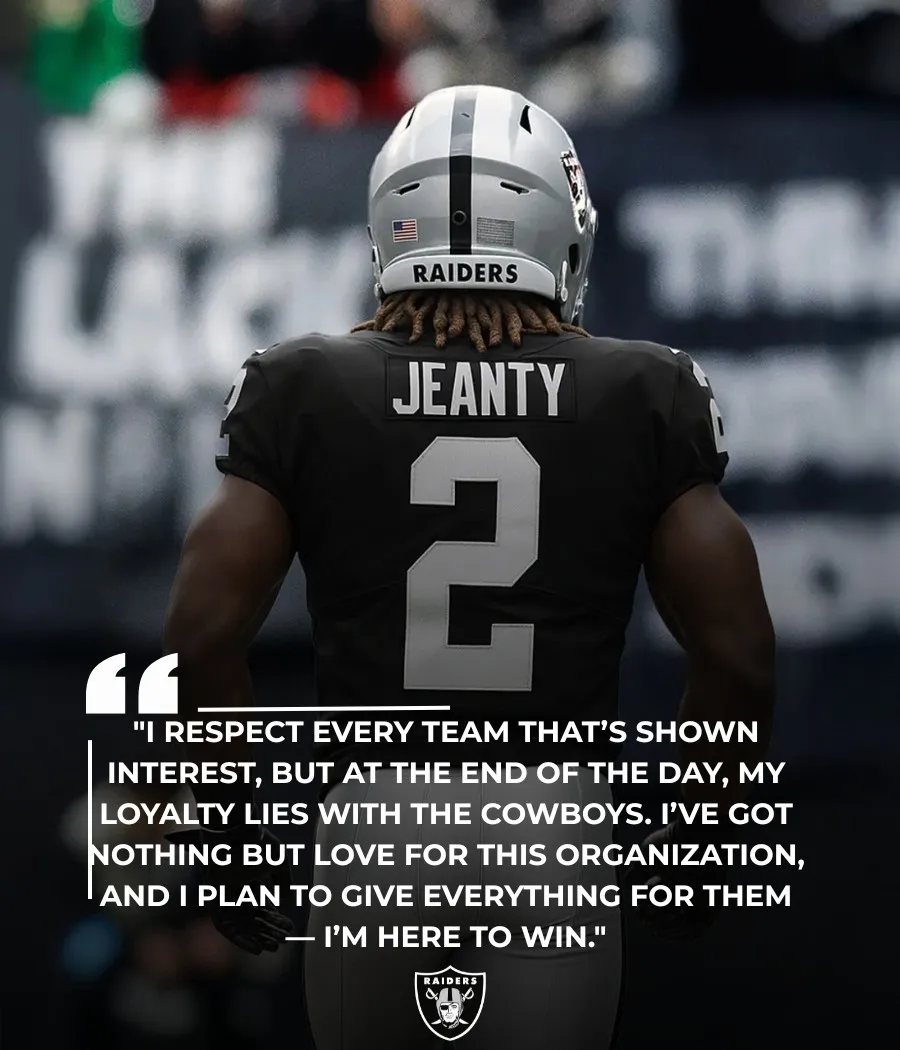Bulls fans should prepare for inevitable 2026 offseason disappointment now
Although several marquee names remain unsigned, including the Chicago Bulls' very own Josh Giddey, the 2025 NBA offseason has come and gone. The initial free agency flurry, the NBA Draft, and the summer league are now in the rearview mirror. 
Next up, of course, is the preseason, followed by the much-anticipated 2025-26 regular season, which is set to begin on October 21. Nonetheless, while the Bulls' players, coaching staff, and fans are looking forward to the October 22 start date, the front office has its sights set on the future.
The Bulls will be flush with salary cap space in 2026
Bulls' decision-makers, Artūras Karnišovas and Marc Eversley, have made it no secret that the 2026 offseason is more important than 2025's. Starting with the trade deadline jettison of Zach LaVine, Karnišovas and Co. have begun clearing the Bulls' books ahead of a pivotal offseason.
Chicago offloaded LaVine's nearly $100 million in exchange for Zach Collins, Kevin Heurter, and Tre Jones—all of whom coincidentally were on the Bulls' payroll for one or two more seasons at most. The Bulls re-signed Jones, the player with one season remaining on his contract at the time, to a digestible three-year, $24 million pact. Collins' and Huerters' $18 million cap hits will consequently come off the books by the 2026 offseason.
Moreover, ever-lasting trade candidate Nikola Vučević, Coby White, and Ayo Dosunmu will all hit the open market a year from now. Therefore, the Bulls will have over $100 million in salary cap space to spend in 2026. Isaac Okoro and Patrick Williams are the only players on the roster (as of now) due north of $10 million in 2026-27. Giddey should soon join, but even at a maximum $30 million, Chicago would still have roughly $70 million to spend.
Yet, with such an inordinate amount of money to spend a year from now, Bulls fans should exercise caution. Not to echo pessimism, but free agency isn't what it once was. While Chicago is a prime destination, big markets are no longer all the rage. For example, the Bulls will hardly be advertised to a national audience next season—they only have three nationally televised games.
Bulls fans should brace for an anticlimactic offseason a year from now
No matter where a player decides to play, they'll be visible to the masses thanks to social media and the NBA's general lack of preference for the big markets. It's unfair to say the NBA totally disregarded the nation's biggest markets; the Los Angeles Lakers and New York Knicks will each be nationally televised 34 times. Nonetheless, both teams have the star power to earn a featured slot, unlike the Bulls.
Furthermore, aside from Chicago no longer being a desired destination (attracting free agents far and wide), there aren't many notable 2026 free agents projected to switch teams. LeBron James and Kevin Durant are prominent names hitting unrestricted free agency next offseason. Yet, James will likely either return to Los Angeles or retire, while Durant should be back in Houston, barring an unforeseen change.
That leaves the likes of James Harden, Trae Young, and LaVine, who all have player options. Then comes John Collins, Rui Hachimura, Tobias Harris, C.J. McCollum, Khris Middleton, Kristaps Porzingis, Collin Sexton, and Anfernee Simons, but none of the aforementioned players are true difference-makers, worthy of significant long-term pacts.
Rather than signing a rival squad's free agent, the Bulls' best bet is likely to retain White, potentially Dosunmu, and add a rim-rolling big man such as Mitchell Robinson (UFA) or Robert Williams III (UFA) to replace Vučević.
Instead of making a lavish signing, one that would likely be exorbitant, following the Rockets' footsteps and banking on development, while adding quality veterans, is the savviest strategy for evolving into a contender.





